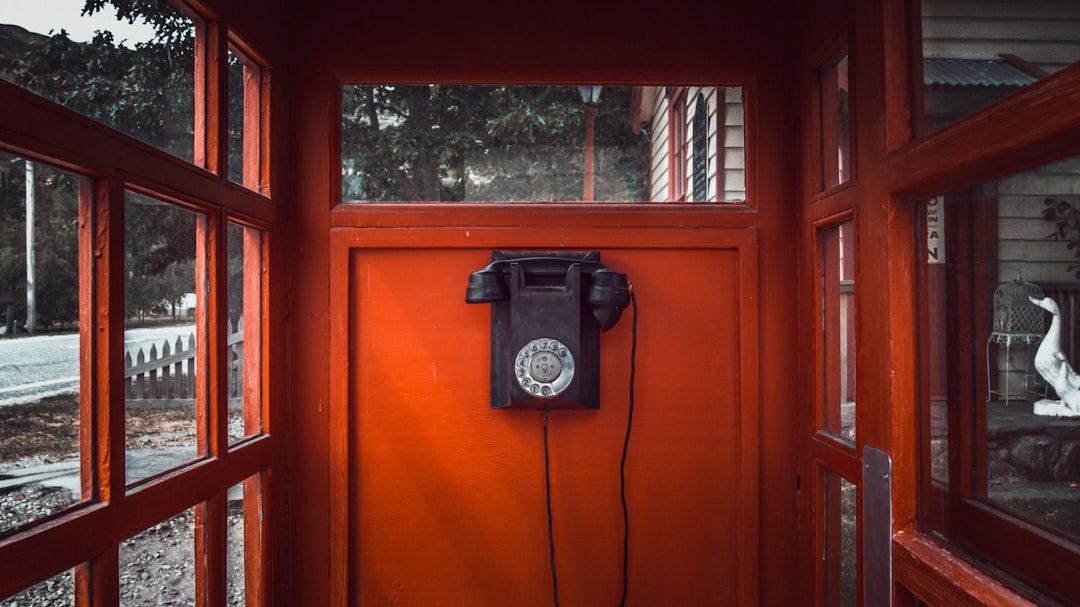Wisconsin's No-Call Laws protect residents from unwanted telemarketing calls (robocalls). Businesses must obtain explicit consent for automated voice marketing calls. If your rights are violated, consult a No-Call Laws lawyer to understand your options and ensure compliance. Violations can lead to severe consequences, with victims filing complaints, seeking damages, and advocating for stricter law adherence through legal professionals specializing in these cases.
In Wisconsin, “no-call” laws are in place to safeguard residents from unwanted telemarketing calls, also known as robocalls. Despite these protections, many consumers continue to face relentless robocall abuse, with telemarketers ignoring explicit consent. This article explores Wisconsin’s no-call laws and the role of legal professionals in combating this issue. We delve into common practices violating consent, available legal recourse for victims, and practical steps on how to file a complaint, empowering residents and robocall attorneys alike.
Key topics include: no-call laws lawyer Wisconsin, no-call laws attorney, no-call laws law firm, and robocall lawyers Wisconsin.
- Understanding Wisconsin's No-Call Laws: Protecting Residents from Unwanted Robocalls
- The Role of a No Call Laws Lawyer in Stopping Robocall Abuse
- Common Practices of Telemarketers Violating Wisconsin's Consent Laws
- Legal Recourse for Victims of Unwanted Phone Calls in Wisconsin
- How to File a Complaint: Effective Steps for Robocall Attorneys and Law Firms in Wisconsin
Understanding Wisconsin's No-Call Laws: Protecting Residents from Unwanted Robocalls
Wisconsin’s No-Call Laws are designed to protect residents from unwanted telemarketing calls, or “robocalls.” These laws give consumers the power to control who contacts them and when. Under Wisconsin statute 134.05, businesses must obtain explicit consent before making automated, prerecorded, or artificial voice calls for marketing purposes. This means that if you have not given a company permission to call you, they could be violating state law.
If you’ve received robocalls despite asking the caller not to contact you, or if you suspect a law has been broken, it’s important to consult with a legal professional who specializes in No Call Laws. A No Call Laws lawyer or attorney in Wisconsin can advise you on your rights and options, helping to navigate the complexities of these laws and ensuring that telemarketers are held accountable for their actions. Reach out to a reputable robocall law firm in Wisconsin today to protect your privacy and stop unwanted calls.
The Role of a No Call Laws Lawyer in Stopping Robocall Abuse
In Wisconsin, no-call laws are designed to protect residents from unwanted telemarketing calls, including robocalls. When these laws are violated, a No Call Laws Lawyer in Wisconsin plays a crucial role in holding offenders accountable. These attorneys specialize in navigating complex legal landscapes and have an in-depth understanding of consumer protection legislation. They can assist individuals who have received unlawful robocalls by offering guidance on their legal rights and options.
No Call Laws lawyers in Wisconsin can file lawsuits against telemarketers, seek financial compensation for clients, and even request court orders to stop the unauthorized calls. Their expertise lies in interpreting state laws and ensuring that businesses adhere to regulations regarding consent and call restrictions. With their help, residents can take action against pervasive robocallers and protect themselves from further harassment, fostering a safer and more peaceful communication environment.
Common Practices of Telemarketers Violating Wisconsin's Consent Laws
In Wisconsin, telemarketers often engage in practices that violate the state’s strict No Call Laws, leaving many residents annoyed and frustrated. One common tactic is making robocalls to numbers on do-not-call lists—a direct violation of state regulations. These automated calls, often promoting various products or services, are unwanted by many Wisconsinites who have explicitly opted out of such marketing efforts.
Additionally, telemarketers may target individuals without their explicit consent, ignoring the rights granted under Wisconsin’s No Call Laws. They might use aggressive sales tactics, pressuring potential customers into making purchases on the spot. Furthermore, failing to maintain accurate caller ID information and not providing a clear opt-out option during live calls are other strategies that have led to numerous complaints against these salespeople. Many residents seek legal counsel from experienced No Call Laws lawyers or robocall attorneys in Wisconsin to understand their rights and take appropriate action against persistent violators.
Legal Recourse for Victims of Unwanted Phone Calls in Wisconsin
In Wisconsin, victims of unwanted phone calls, particularly those deemed as robocalls, have legal recourse under the state’s No Call Laws. If your privacy has been invaded by telemarketers or automated sales calls, a No Call Laws lawyer Wisconsin can provide guidance and representation. These laws are designed to protect residents from relentless marketing calls, giving them the right to file complaints and seek damages if their consent for such communications hasn’t been granted.
A No Call Laws attorney Wisconsin will help navigate the legal process, ensuring that victims understand their rights. They can assist in filing official complaints with regulatory bodies, pursuing legal actions against persistent telemarketers, and securing compensation for any distress or financial loss incurred due to these unauthorized calls. Many robocall law firms Wisconsin specialize in representing individuals affected by such practices, advocating for stricter adherence to No Call Laws.
How to File a Complaint: Effective Steps for Robocall Attorneys and Law Firms in Wisconsin
In Wisconsin, violating no-call laws can result in significant penalties for telemarketers and robocallers. If you’ve received unwanted automated calls, there are specific steps to file a complaint effectively. First, identify the caller by gathering as much information as possible, including call details, company name, and any unique identifiers. Next, contact your local Better Business Bureau (BBB) or Wisconsin Department of Commerce, which oversees telecommunications regulations.
Your chosen organization will direct you on how to submit a formal complaint, which may include filling out an online form or providing written details. Additionally, consider consulting with a no call laws lawyer or robocall attorney in Wisconsin who specializes in such cases. These legal professionals can guide you through the process, represent your interests, and ensure that your rights under Wisconsin’s no-call laws are protected. Engage robocall law firms in Wisconsin known for their expertise in handling these matters to maximize your chances of a favorable outcome.






